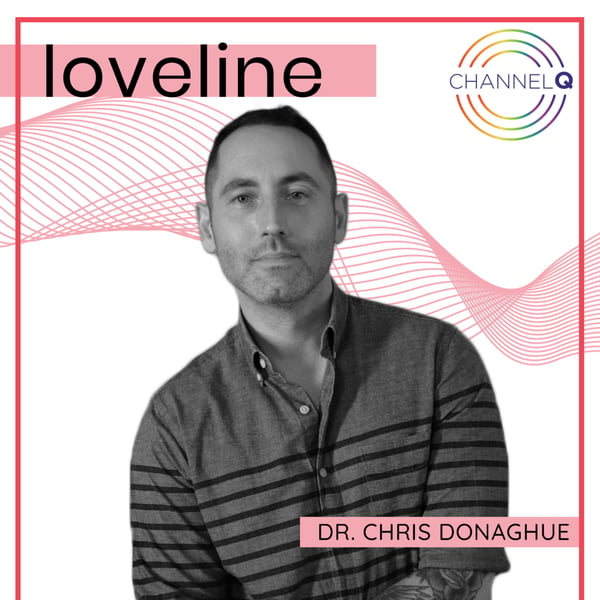Loveline 8-17-22
Loveline with Dr. Chris
Audacy
4.3 • 804 Ratings
🗓️ 18 August 2022
⏱️ 53 minutes
🧾️ Download transcript
Summary
Unpacking depression and its causes
Transcript
Click on a timestamp to play from that location
| 0:00.0 | Good evening, everybody. Welcome to the show. Got a great show plan for you and caffeine is kicking in. So rocket fuel. We're going to be taken off soon. So y'all know the drill. DMs. Always open 24-7. We got your back covered. If you got a question for us, drop it in there. Always anonymous, always confidential. Love to hear from you. I want to help you problem solve a little bit. You're helping others as you're helping yourself. So put those |
| 0:23.6 | questions in the DMs on our Loveline IG page. You can also drop in there any topics you want |
| 0:28.0 | to, things you want us to circle back to, drop deeper into. It's all good stuff. I'm all about |
| 0:32.1 | that repetition anyway. You got to build those things in. I was kind of sharing that with a client this week, a patient of mine, and I've shared |
| 0:39.7 | this on the show before that remember, the reason why I'm all about repetition is the world |
| 0:44.1 | is always taking us away from the important things we want to remember in practice. |
| 0:48.8 | Heartbreaking, but that's how it goes. |
| 0:50.6 | We don't have the most psychologically minded or mental health-centered norms and values out |
| 0:56.5 | in the world. So my favorite example of why repetition is so important is not only because that's what |
| 1:02.1 | the brain literally needs to encode and hold on to things, same with our nervous systems, |
| 1:07.6 | repeated experience that can work for us or against us, depending on what that is. |
| 1:12.5 | And that's why as adults, a lot of the things we're struggling with, whether we can see the |
| 1:17.4 | direct connections or not, or as a result of the families we were raised in, you know, |
| 1:21.8 | people that are constantly talking and talking loud and talking over people, well, it's because |
| 1:25.1 | he might have been raised in a family where everyone was always interrupting. |
| 1:27.6 | It was also very loud. And that was the only way that they could get their voice heard or their needs met. So they were trained and built that way and run aware of ourselves. That's a rough example. Things like that. So it's not, you know, we can't always connect the dots deeply, but other times we can. So what am I saying? |
| 1:54.4 | I'm saying before you necessarily pathologize someone in your life or pathologize or shame yourself, we first want to build in a little bit of empathy by saying, I wonder why it is that they came to be that way. |
| 1:56.8 | We always want to build that in. |
| 2:03.0 | That is my job working in psychology is to say what occurred that made this person that way. |
| 2:08.4 | That's the case for any bad behavior or good behavior, for any personality disorder or addiction. |
| 2:10.6 | It's not a disease, these things. |
| 2:12.3 | These aren't just genetically driven. |
... |
Please login to see the full transcript.
Disclaimer: The podcast and artwork embedded on this page are from Audacy, and are the property of its owner and not affiliated with or endorsed by Tapesearch.
Generated transcripts are the property of Audacy and are distributed freely under the Fair Use doctrine. Transcripts generated by Tapesearch are not guaranteed to be accurate.
Copyright © Tapesearch 2025.

